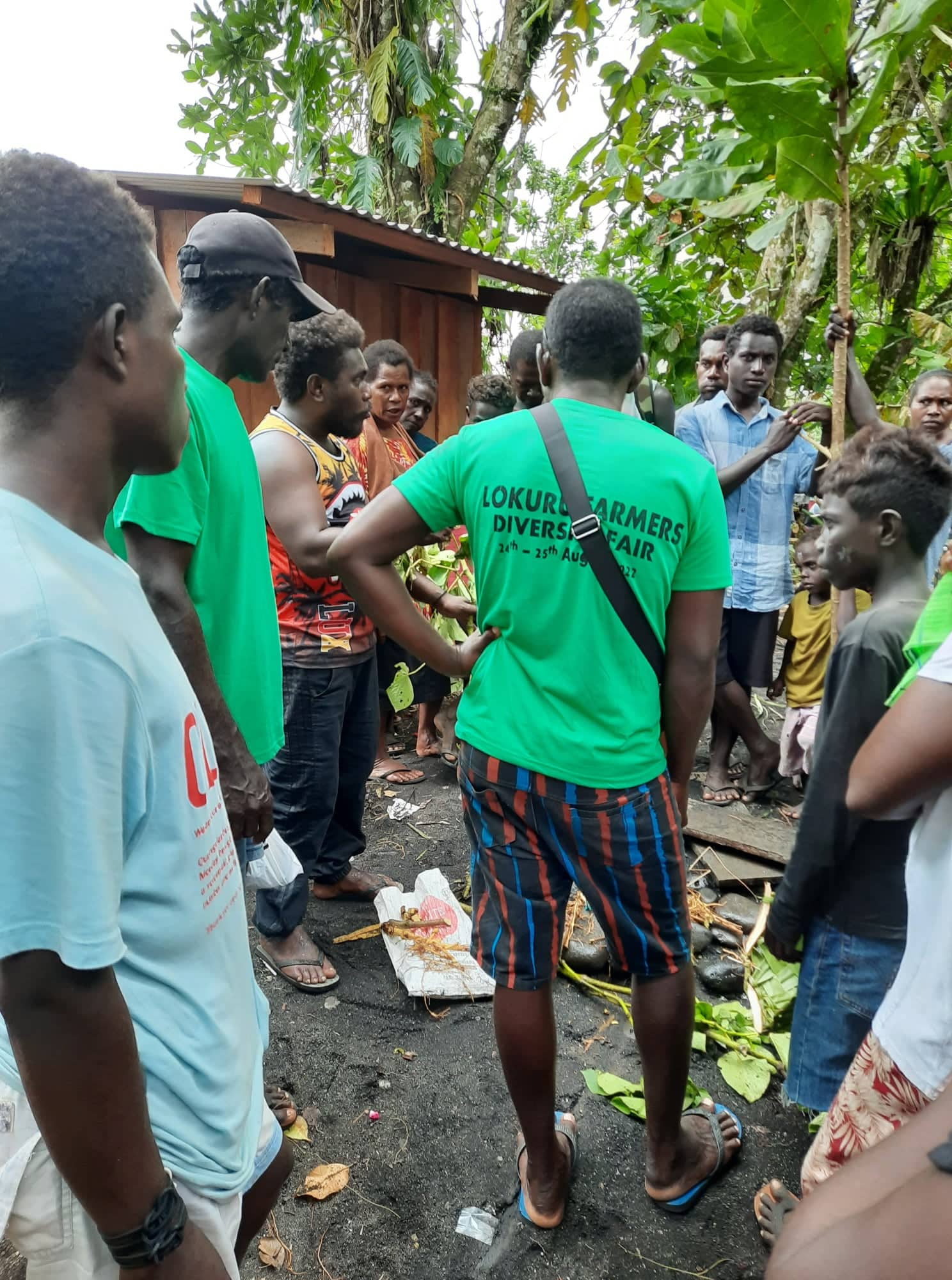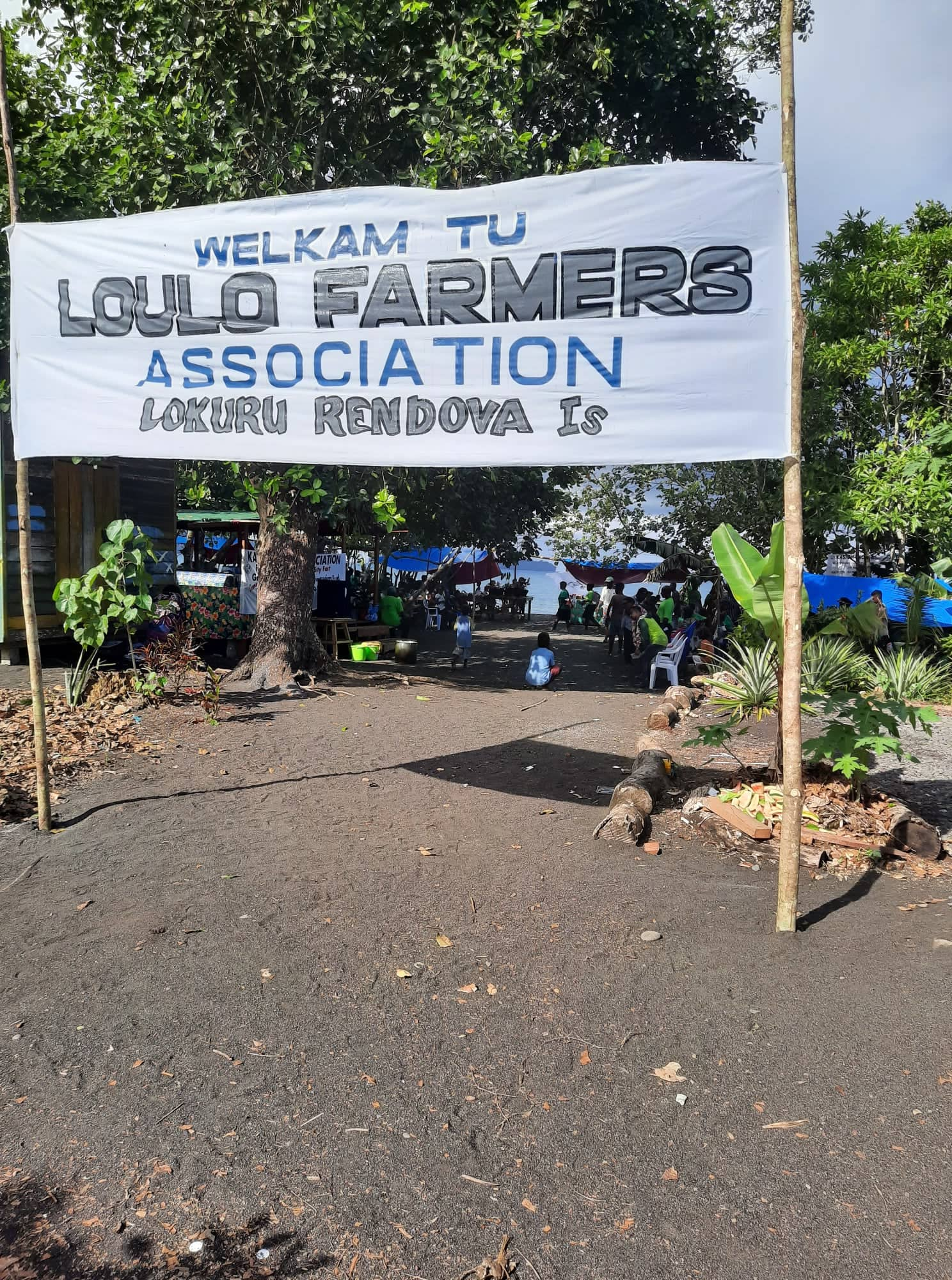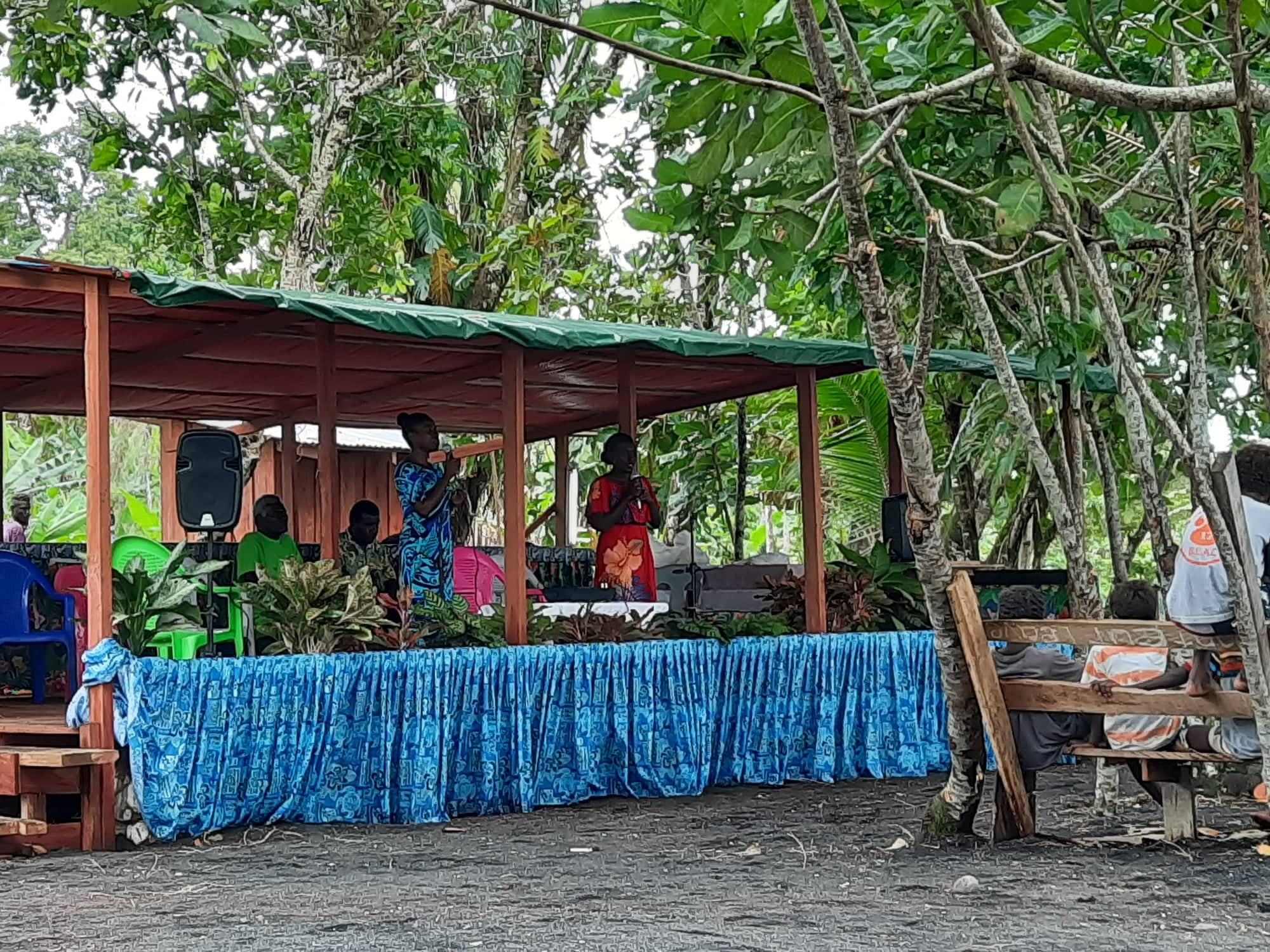b l o g
s e p t e m b e r 2 0 2 2
Visible from a distance and incredibly picturesque with surrounding azure waters of varying shades from the lagoon blue to the deep cobalt, the Solomon Islands is home to nearly 1,000 islands. The proximity of many of the islands to each other, as well as their remoteness in some parts, conceals just how difficult it is to travel within these beautiful islands.
Flights are possible but expensive, the most widely used mode of transport is by boat. Still hugely expensive with a litre of fuel currently priced from SID$16-22[1], it is still much cheaper than travelling by air. In some instances, boats are the only means of transport as some islands do not have airports to allow for flights.
For Kastom Gaden Association (KGA), transport continues to be a great challenge, so their activities have had to focus on maximizing opportunities with such high costs of travel and amidst rising fuel prices. One such activity is that of diversity fairs.

As the name suggests, communities within selected provinces are invited to one convenient location to showcase their agricultural produce, and in turn share information amongst themselves to help improve their farming practices at home. In addition, the farmers are able to obtain technical support from the Ministry of Agriculture and KGA, two organisations who have regularly collaborated to maximise on economies of scale by either travelling together, or allowing representatives from one to represent both their efforts in communities to better help the farmers.

This initiative is supported by a project titled ‘Pacific Islands Rural Agriculture Stimulus’ (PIRAS) a partnership with the International Fund of Agriculture Development (IFAD), the Australian Department of Foreign Affairs and Trade (DFAT), the Asian Farmers Association (AFA) and Pacific Farmer Organisations (PIFON).
As the Principal Agricultural Officer of the Western Province of the Solomon Islands, Mr. Sipuru Rove, shared ‘there was no fuel fund available up until August for the Ministry of Agriculture to conduct their programs in the Western Province, so the collaboration with KGA saw us conduct our programs whilst on the same island visits with the KGA team’.
This special relationship is an example for other Pacific Islands countries (PICs) to follow, especially when fuel prices continue to increase. Covid19 highlighted the importance of connectivity, and this unique collaboration between KGA and the Ministry of Agriculture further highlights this following the pandemic.
For each of the diversity fairs held to date, the first in Tulagi in the Central Province (345 participants), Gizo in the Western Province (658 participants) and the third on Rendova Island also in the Western Province and within the Lokuru community (200 participants), KGA have invited other organisations to participate.


For the latter two diversity fairs, Gizo Market Vendors Association (GMVA), Women in Business (WiB) from the Western Province, and Plastic Wise Gizo (PWG) were invited. Members of these organisations are predominantly women [2]. These 3 organisations have received funding from another project titled ‘Farmer Organisations for Africa, Caribbean and Pacific (FO4ACP) which represents a partnership with the European Union (EU), IFAD, the Organisation of Africa, Caribbean, Pacific Secretariat (OACP) and PIFON.
Highlighting the collaboration between projects, with PIRAS being a direct response to the Covid pandemic, and FO4ACP being for the long-term focus on improving food and nutrition security, as well as livelihoods, KGA has targeted different beneficiaries for each of the projects. The invitation to PWG, WiB and GMVA to attend the fair provides further diversity on where farmers can seek information, as well as being fair to the donors and partners on how projects can be synergised. Additionally, the three organisations get to raise awareness of their respective organisations to assist them in the tremendous advocacy work, as well as training deliveries, they conduct.
